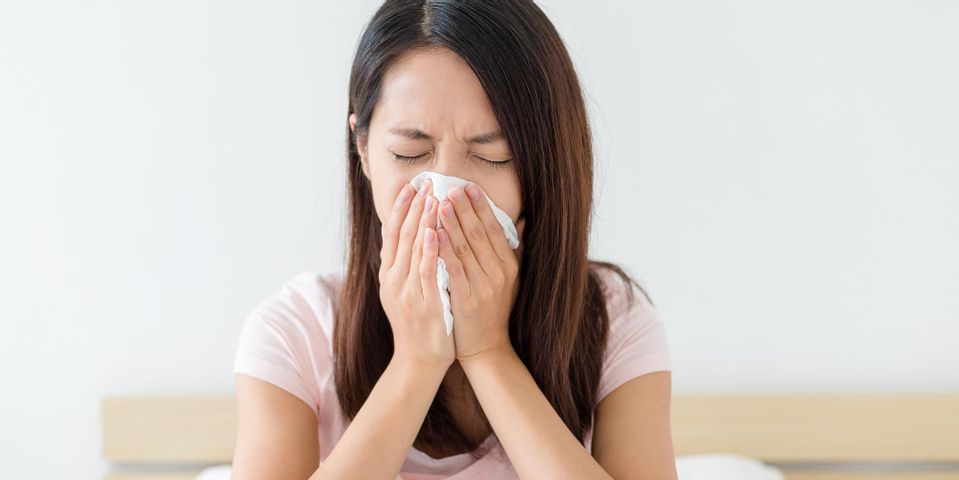Answers to Common Questions About Perennial Allergies

Anyone with allergies knows the symptoms: itchy eyes, runny nose, and frequent sneezing. However, to find allergy relief, you can’t attribute all symptoms to seasonal irritants; sometimes, they fall into the perennial category. Below are a few common questions patients have about the lesser-known reaction.
FAQ About Perennial Allergies
How are perennial allergies different?
While the symptoms are similar to seasonal reactions, perennial allergies are caused by exposure to airborne contaminants that are active year-round. Sneezing, runny nose, and watery eyes are often caused by mold, pet dander, or dust, all of which are often contained inside most buildings. Because more time is spent indoors during the winter, colder months may lead to more frequent flareups.
How are they diagnosed?
Often, allergists determine the cause based on symptoms first. They’ll ask you a few questions about your habits and lifestyle to narrow down options, and then they’ll recommend reducing exposure. If this doesn’t help, they may conduct a skin test to determine what triggers a reaction. They’ll place small amounts of allergens on the skin and watch for a reaction. Anything that creates a histamine response is an allergen.
Can you prevent flareups?
 Like with any allergy, the best way to prevent a reaction is to limit exposure. If you’re allergic to dust or pet dander, clean your home often to remove the contaminants from the air. Vacuum often, and swap out your HVAC system’s air filter for a HEPA one, which will filter out particles more efficiently. Those who react to mold may find allergy relief by reducing ambient moisture; with a dehumidifier, you can reduce the chance of spore growth.
Like with any allergy, the best way to prevent a reaction is to limit exposure. If you’re allergic to dust or pet dander, clean your home often to remove the contaminants from the air. Vacuum often, and swap out your HVAC system’s air filter for a HEPA one, which will filter out particles more efficiently. Those who react to mold may find allergy relief by reducing ambient moisture; with a dehumidifier, you can reduce the chance of spore growth.
How do you find allergy relief?
Even if you clean every inch of your home, you can’t avoid airborne allergens completely; whenever you visit another location, you may be exposed to them. In these cases, allergy relief can come in many forms: antihistamines shut down your body’s reactions to the allergens, decongestants reduce the symptoms, and corticosteroid nasal spray reduces the reaction. During winter, when exposure is often higher, it may help to flush out the sinuses with a saline solution to remove troublesome mucus.
For long-term allergy relief, talk to your allergist about immunotherapy. By injecting small amounts of allergens over multiple sessions, your doctor can help your body adapt to exposure, which will reduce the body’s natural rejection of them. This may not be suitable for those with severe reactions, but it can help many people overcome their symptoms.
If you believe you have perennial allergies, turn to Allergy and Asthma Specialty Center/Masood Ahmad, MD in West Chester, OH, for help. Dr. Ahmad and his team will test, diagnose, and treat allergies of all kinds. The clinic offers allergy relief for both adult and pediatric patients, and they will create a treatment plan suited to your lifestyle and needs. To learn more about the team, visit them online, and call (513) 777-7097 to schedule an appointment.
About the Business
Have a question? Ask the experts!
Send your question

